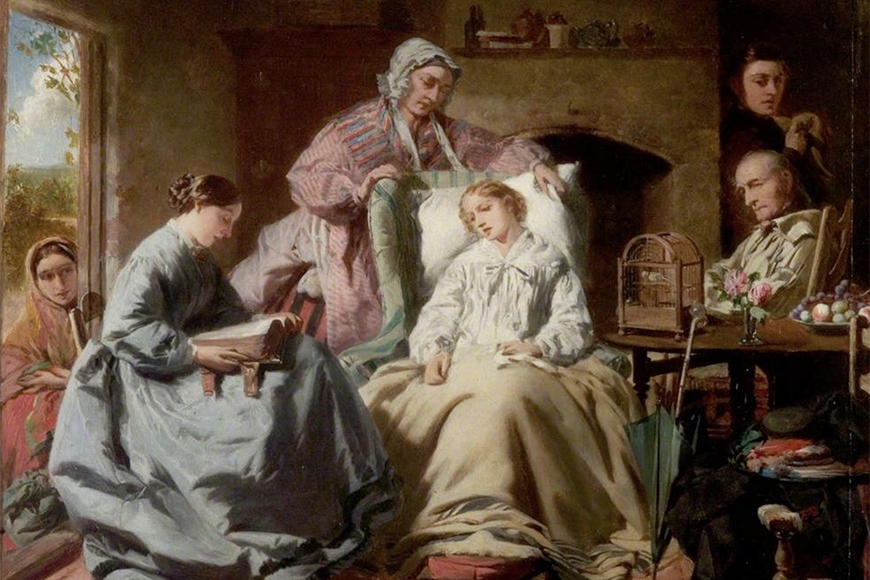Talia Schaffer: “Ordinary Bodies: Phil Squod and the Social Model of Victorian Care”
310 Pillsbury Dr. SE
Minneapolis,
MN
55455
The Department of English and the Critical Disability Studies Collective present disability studies scholar Talia Schaffer, Distinguished Professor of English at Queens College CUNY and the Graduate Center CUNY.
In Dickens’ Bleak House, there is a character named Phil Squod, who is burned, scarred, disabled, and dizzy—and instead of finding his multiple disabilities stigmatizing, he declares himself delighted by them. How are critics to read such a figure? In this talk, Professor Schaffer argues that Phil’s disabled body fits into an earlier ethos of disability, suffering, and care before the rise of the medical model. Until the mid-nineteenth century, people understood impairments to be part of ordinary life. They assumed everyone should help each other through periods of distress, mainly by providing pleasant distractions and social support. In this regard, Victorian care communities actually resemble the care webs and mutual aid that modern activists advocate. Schaffer uses the feminist philosophy of ethics of care to explain why Phil loves his body, and suggests that care offers an alternative paradigm for bodies and minds that we can use today.
This hybrid event is free and open to the public; register for Zoom. For accessibility services, complete this form. Any other questions, please email sutt0063@umn.edu or call 612-626-1528. This event is co-sponsored by the History of Science & Technology and the Center for the Philosophy of Science.
Professor Schaffer is the author most recently of Communities of Care: The Social Ethics of Victorian Fiction (Princeton UP, 2021) and Romance’s Rival: Familiar Marriage in Victorian Fiction (Oxford UP, 2016), winner of the NAVSA Prize for best book in Victorian Studies; and co-editor of The Routledge Companion to Victorian Literature (Routledge, 2019).
